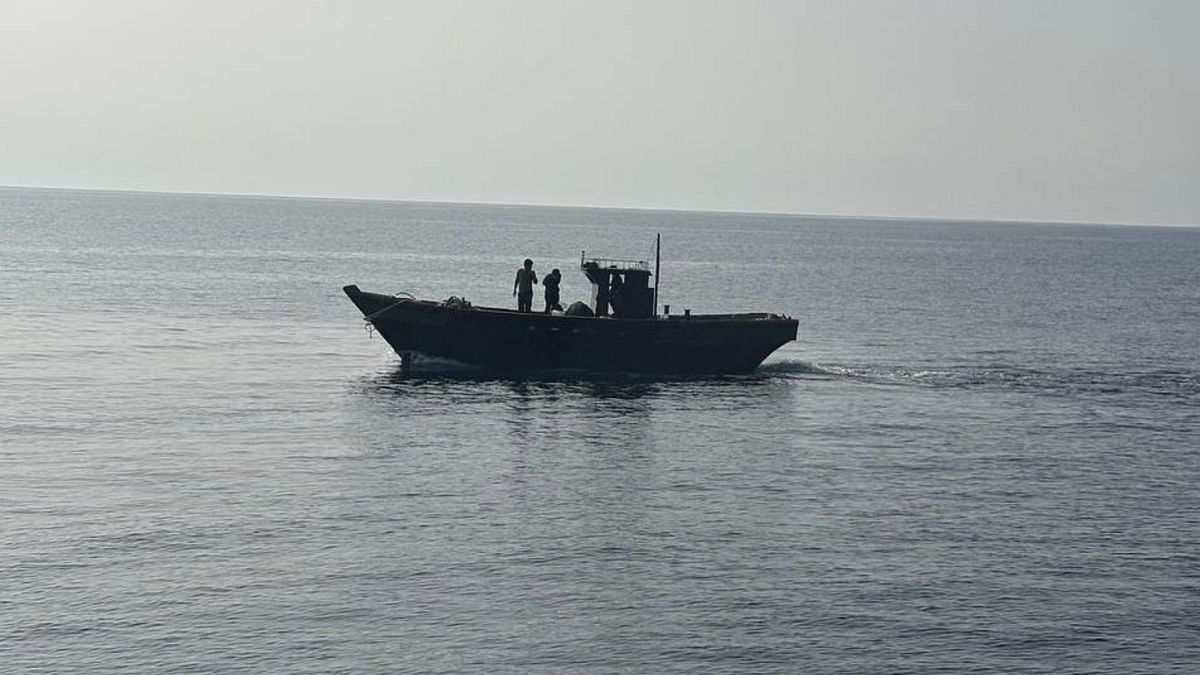

In recent days, a series of significant diplomatic and political developments have unfolded across Europe, reflecting concerted efforts among nations to address various challenges with pragmatism and cooperative spirit. From migration issues to defence strategies and international relations, these efforts highlight a commitment to shared solutions, fostering a sense of resilience and unity.
The first episode of international dialogue comes as six North Korean individuals, who inadvertently drifted into South Korean waters while at sea, were respectfully repatriated back to North Korea. This incident underscores the importance of sustaining diplomatic channels and the delicate balance often required in cross-border relations. The peaceful resolution exemplifies how nations can engage constructively, even amid historical tensions, ensuring that individuals caught in geopolitical complexities are treated humanely and returned to their homes safely.
Meanwhile, in Europe, a debate over the sale of defense systems has taken on new urgency. Former U.S. President Donald Trump reportedly suggested that Germany consider selling one of its Patriot air defence systems to Ukraine. This proposal comes as Ukraine continues to defend itself against intensified aerial attacks, looking to bolster its military capabilities. Germany’s decision on this matter will be carefully weighed, taking into account the broader geopolitical ramifications and the ongoing commitment of Western allies to support Ukraine in its sovereignty and defense efforts.
Across the Channel, French President Emmanuel Macron has embarked on a noteworthy state visit to the United Kingdom. This visit is particularly significant as it is the first by a European Union head of state since the UK’s exit from the EU in 2020. Macron’s presence marks the desire to mend and strengthen post-Brexit relationships. At the heart of discussions between Macron and UK political leaders is the task of addressing the small-boats crisis in the Channel, a humanitarian and logistical challenge that requires collaborative intervention.
Efforts to solve the small-boats crisis have also received commentary from Amy Pope, the director-general of the International Organization for Migration. Pope emphasizes the necessity for orderly migration processes and the importance of fostering safe avenues for migration closer to the migrants’ countries of origin. This perspective advocates for a shift in narrative and approach, highlighting the value of international cooperation in addressing migration’s root causes rather than focusing solely on border enforcement.
Back in the UK, political discussions have surfaced around the judicial system, particularly the proposal to limit access to jury trials in certain cases. Concerns have been raised about the potential implications of reducing jury trials, a cornerstone of the British legal system. This dialogue highlights the complexities involved in maintaining a balance between efficient legal processes and upholding foundational rights, ensuring that justice is administered fairly and transparently.
Collectively, these developments illustrate how interconnected today’s global issues are, necessitating a collaborative approach and thoughtful dialogue. Whether addressing migration, military assistance, or international alliances, these efforts reflect a shared desire to find sustainable and balanced solutions, fostering peace and stability across regions. As these situations evolve, the emphasis remains on cooperation, dialogue, and a commitment to collective progress.
Source: {link}
